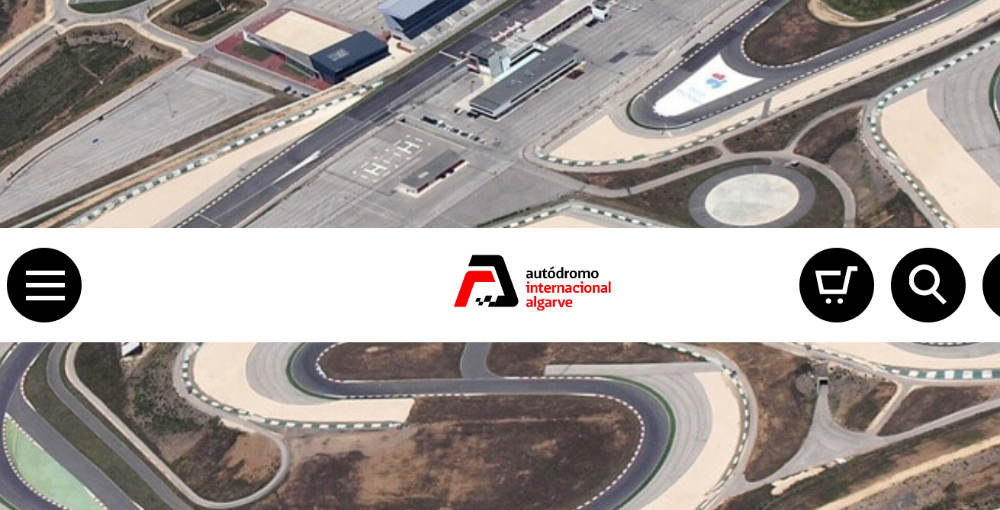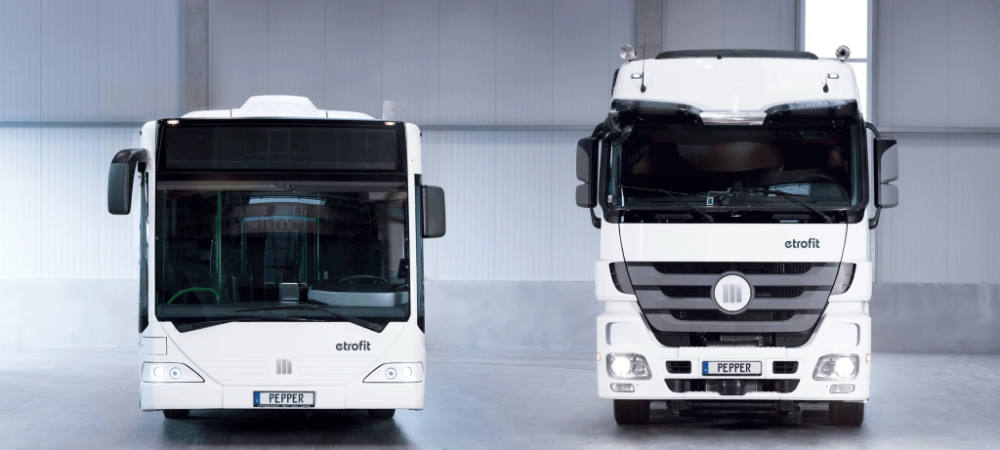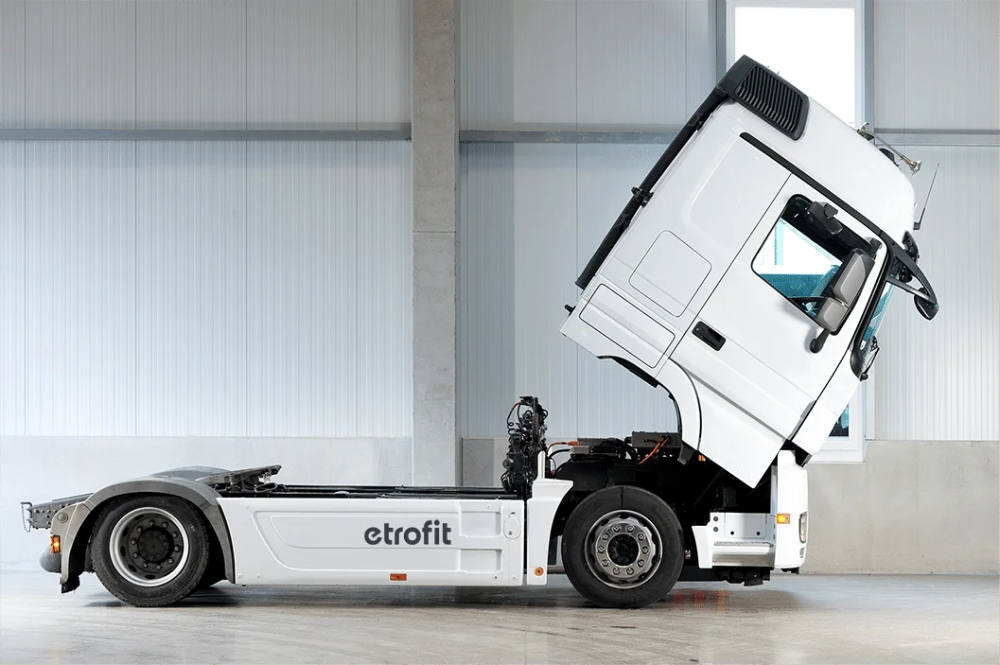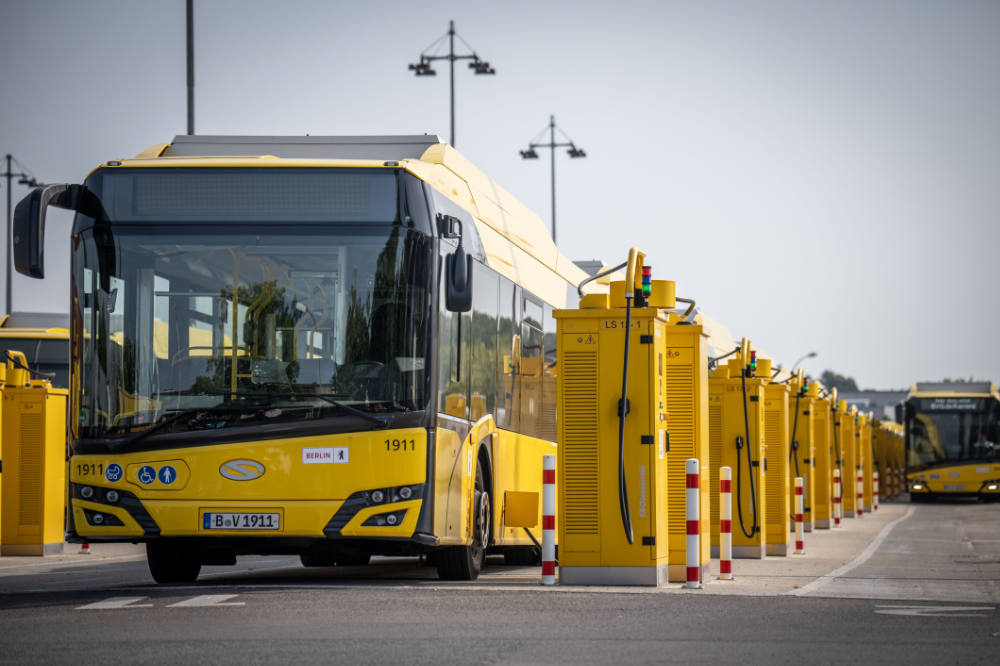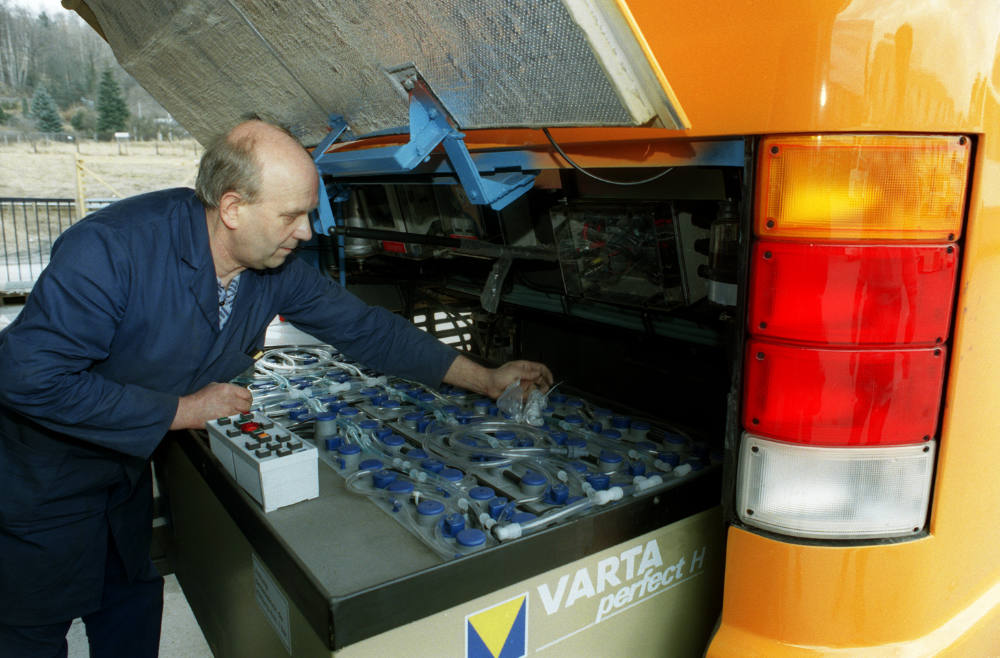Saturday, 23rd December 2023.
Many of us view driving – so comfortable, isn’t it? – as a liberation from arduous walking. As for me, I’ve been fighting for years against the noise levels of the Algarve Autodrome, where at this time of day test drives are once more taking place in preparation of some car race or other. It’s the combustion engine that transforms petrol into smelly exhaust fumes, deafening to boot when the southwesterly blows from the Atlantic, bringing with it the never-ending noise. These days, quiet, clean and environmentally-friendly alternatives are available in motoring. There just needs to be the will to go for those, right?
The Interview.
ECO123: Could you tell our readers a little bit about yourself, how you got the idea to lend a second life to buses and trucks?
Andreas Hager: At the beginning I asked myself the question, what do they do with all those old Diesel buses? Will they continue to pollute the air as Diesel buses or will they be scrapped at some point? Then I decided to go travelling, following the life journey of a bus. This is what I took a closer look at. Let’s take the example of a Mercedes bus.
Born as it were in Mannheim (Germany), the bus finds its way to Munich, where it runs for the first ten years of its life. And when the ten years are over the Munich people see, right, we want to purchase a new bus, because a ten-year old bus starts to need a fair bit of maintenance. And given the hourly rates paid in Germany, maintenance costs a lot of money. So they sell off this bus and buy a new one. Then this ten-year old bus heads 1,000 km southeast, let’s say to the city of Budapest.
That’s where I saw those used Diesel buses. After ten years, the diesel engine, the gear box, the exhaust filter system are well past it and are replaced. A new Diesel engine is put in, a new gearbox and a new exhaust filter system. Then the bus is prettified a little, the corrosion damages repaired, maybe the seats upholstered, too – and then that bus will run for another ten years in Hungary – until the Hungarians end up saying, we’ll buy another used bus first-hand from Munich. And their old bus they shift another 1,000 km further south. That’s where we arrive in Greece. That’s where they do pretty amazing things. Here the whole Hungarian game is repeated: a new motor, new gear box, etc. and they repair the bus once more so it runs for another ten years in Greece, and then the whole scenario is repeated once more in North Africa. Now you could argue about the merits of this life cycle. In Egypt I actually took a seat on one of those myself. The buses are no longer in good shape; we’re talking about buses beyond 30 years of age.
For me now, taking the reverse perspective: any bus built as a Diesel-powered vehicle hitting European roads today – and that still covers over 80 per cent of all buses manufactured in Europe – would, following the old chain of events, still run as Diesel buses in Europe for the coming 30 years. If we make a calculation: so now, we are living in the year of 2023 – add 30 years, that takes us well into the 2050s. This now is inconceivable, to think of a bus like that still running with a Diesel motor in the EU. Which is why I say, the first life as a Diesel bus we have no way of stopping, there was a reason for it being built. However, the second reincarnation we can prevent, also the third. So then we got down to business and refitted and presented a first prototype at lightning speed, over seven months.
ECO123: When was that?
Andreas Hager: In 2018. The idea was born in 2016. After that we took six months to do market research and market analysis. I wanted to know how this bus thing worked. I myself was trained in the automobile sector. A car is not a bus. What kinds of buses are there actually? Where do they run, which requirements do they have to meet? In March 2017 we got a project leader who was an engineer, with a PhD in battery technology and with whom I travelled for several months through Germany. We talked to all the major city authorities and also asked the bus companies what was important for them, and what that kind of bus had to be able to perform. And then in the spring of 2017 we started our journey towards electrifying an old bus – which we then introduced to the public in October 2017 at the „IMO 360 Grad (degree)“ fair in Munich.
ECO123: Just a quick question while I’m thinking about it. Whereabouts in the bus did you find enough space for the batteries?
Andreas Hager: It’s where the Diesel engine, the gearbox and the exhaust treatment filter used to be. The space is sufficient for batteries guaranteeing a range of between 250 and 300 km. And that’s all that two thirds of town and city buses need normally. One third of the buses needs an extended autonomy. However, if we were able to solve the problems with two thirds of all buses, the market would be big enough. What’s needed is simply to make a start.
When I visit a transport business and look at all the routes, they say, we have this route of between 350 and 400 km that they have to run each day – but back in reality, with two thirds of all routes the buses are back at the depot after 200 km. And now I’ll tell you something fairly personal: if we want to carry on as we’ve done before we won’t achieve the change. We have to be prepared to forge new paths which differ from the ones we took before. Which is why we start with the refitting of two thirds of the Diesel buses.
ECO123: For a while now you’ve stepped back from the end customer business. You no longer do the refitting yourself, but are now in the business of building your Retro Kit in a supplier’s capacity.
Andreas Hager: Yes, our customers use our kit to refit a bus or truck. Our client base are garages or manufacturers of customised vehicles.
ECO123: In Germany, in France, in Poland…
Andreas Hager: In Germany everybody always want to buy the new buses. But in Austria, France, Poland and outside Europe, we’re talking Turkey, India and the US, business is good.
ECO123: Ever thought about Portugal and Spain? The car manufacturer Salvador Caetano for instance, who represents BMW and Toyota?
Andreas Hager: Yes, but up to now nothing has happened on that front. I’d love to do something in Portugal. We spent a holiday in Portugal and really enjoyed it there. Let’s wait and see. We have to have some patience too.
ECO123: The trucks and buses you refit have to be charged. Are there charging points I wonder for trucks and buses, for instance at motorway service stations?
Andreas Hager: As yet there aren’t many charging points in Europe, but that is improving on a monthly basis. This is also enshrined by EU law. 60% of all trucks return to home base. The trucks have a maximum range of 500 km. Anything beyond that is covered by the fuel cell. Normally, the buses will return to where they started from. Meaning, the charging infrastructure is located in the depot. That’s something we can easily install, and which isn’t very expensive.
ECO123: Let’s get down to costs. What are we looking at for this kind of refit of a bus or a truck?
Andreas Hager: A brand new factory-fresh Mercedes electric bus costs around 500,000 euro, a refitted electric bus still around 300,000 euro. This is 200,000 euro cheaper. A new Diesel bus for instance costs 250,000 euro. Today, our refit already works out cheaper than a Diesel bus, spread across ten years. If you’re talking larger quantities, if we’re refitting an entire fleet, costs will come down a lot. This includes all the work, from taking out the diesel motor, the gearbox and the exhaust filter, all the way to and including fitting the electric motor, the batteries, the new engine. Naturally, if our partner workshops refit entire fleets, discounts apply. With a fleet of over 100 buses we are able to offer the refitting 20% cheaper.
ECO123: How long does it take to refit a bus or truck?
Andreas Hager: Three to four weeks for individual vehicles, with fleets it should be less, around two weeks.
ECO123: How much energy does an electric bus use? How economical is it to run an ecologically refitted e-bus?
Andreas Hager: We’re looking at about one kW/h per kilometre – which means on average a slightly better performance than new buses. In warmer regions or in summer our refitted buses will run below that, in the cold season, in snow and ice, with below-zero temperatures they will use more.
ECO123: In Portugal we have free sunshine 300 days a year. With a dedicated solar collector on the roof of a bus company a bus like that could be driven nearly for free. The Iberian Peninsula should be an ideal market for you, shouldn’t it?
Andreas Hager: Absolutely. We like doing business where we are able to work towards decarbonisation and help with our expertise. What counts for us is to find a partner on the ground prepared to take on the responsibility for the refit. They have to have garages that are able to certify the local authority issuing the test-certificate.
ECO123: Well, you managed to bring a major investor on board. That’s good news, isn’t it?
Andreas Hager: Yes, Würth is an excellent company.
ECO123: I’ll assume Pepper-Motion works more successfully in France, Poland and Austria than in Germany. Is that true?
Andreas Hager: Correct. And there are many reasons for this. In Germany the usual thing is to buy new buses. In Poland, people have long enjoyed driving second-hand vehicles, same in France, where driving electric cars is popular. In Germany, people say 2030 is still far away, as if there was plenty of time for investing in clean mobility. Unfortunately, the rationality of ZERO EMISSION does not yet enjoy a wider currency.
ECO123: Was there ever a bus you were unable to refit? Where something went wrong during the refit?
Andreas Hager: No. Never. Our battery comes with a five-year warranty, two years for all other components. We had our refitted electric buses tested, for instance by BVG in Berlin. They told us our buses were suitable for Berlin conditions. However, the city government says they only purchase new buses. Ah well.
ECO123: How do you view the future in your line of business? Would you hazard a prognosis?
Andreas Hager: When we are talking about climate, for me it’s less decisive what we do between 2040 and 2050. What is decisive is what we do between now and 2030. Irreversible damages done to the climate are irreversible. There are many tipping points we should try to avoid if at all possible. Which is why I am so insistent that we have to change NOW, and the pressure will rise, massively. We as a medium-sized company employing a little over 100 people can act fast and flexibly. The whole world will have to decarbonise, and we have something to offer. Within the EU there is a massive demand for refitting – and this is where I come back to the start of our conversation, why am I doing this? I am the father of two children. I promised my kids that if I have to work a lot at least it’s going to be for something positive for the future. Which is why for me it’s not just the number-crunching business economist in the head who sets store by German quality engineering, there is a responsibility for future generations that I feel in my skin. I started on a journey to free the world a little bit from emissions. Together we can achieve a lot. You see, every marathon starts with a first step, and every journey with a clean vehicle.
 Eco123 Revista da Economia e Ecologia
Eco123 Revista da Economia e Ecologia

